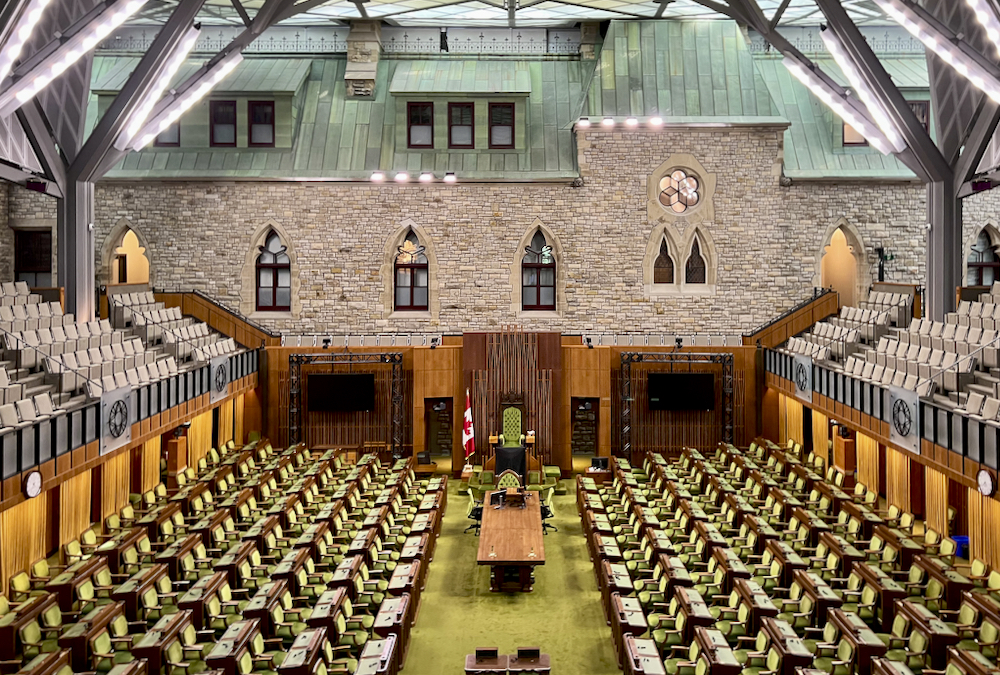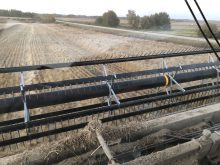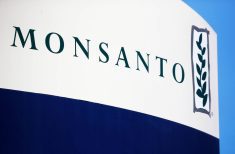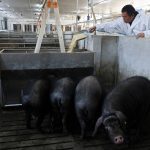Not long ago, the deepest division in Canadian agriculture — at least west of the Lakehead — was the Canadian Wheat Board.
From protests to prison sentences for running the border with truckloads of wheat, it had enough drama to keep everyone interested. And perpetually outraged.
On one side were those who favoured the monopoly and single sales desk, saying it protected farmers from predatory grain firms and ensured higher overall returns.
Read Also

Farm equipment market unlikely to pick up
North America’s farm machinery sales have been slow and uncertain thanks to tariffs and trade disruption. There’s not a lot of hope for change in 2026.
On the other side were those who felt they knew their own business best and wanted the faster cash flow that came with an open market.
This fight went on for generations. Then in 2012 the Stephen Harper government put an end to it, albeit with one lawsuit still proceeding that claims farmer funds were given to commercial interests.
Love or hate the outcome, most accepted that it was the outcome, and moved on with their lives. With the country’s current trade obligations being what they are, I’ve never heard a serious proposal to bring back the board, and I doubt I ever will.
And, for a time, peace settled over the Canadian agriculture sector, more or less. But now a private member’s bill now wending its way through the machinery of government in Ottawa could signal an end to that lull in the rhetorical war.
Bill C-282 is a private member’s bill put forward by Luc Thériault, the Bloc Quebecois MP for the riding of Montcalm, northeast of Montreal. The bill has received second reading and cleared hearings at the Standing Committee on International Trade as of April 26.
It aims to enshrine supply management in Canada and ensure it’s not undermined by future trade deals.
That’s an obvious goal for a Quebec MP, where supply management plays large in its agriculture sector and is a bit of a sacred dairy cow. But underneath, it’s also likely an attempt to wrong-foot the other parties, which have long tried to play both sides on this issue.
The two main political parties each claim to be all in favour of trade and strong supporters of supply management. This bill appears to be an attempt to make them choose.
While it might highlight divisions in the world of politics, it’s unfortunately doing the same in the Canadian agriculture sector, along unsurprising fault lines.
It comes as no shock that the nation’s dairy, poultry and egg producers are in favour of C-282. Also unsurprisingly, export-oriented groups such as the Canadian Agri-Food Trade Alliance aren’t fans. They claim the legislation “creates a dangerous precedent and diminishes Canada as a free trade partner.”
Given the way our trade partners have treated us, I’m not entirely sure their feelings should be top of mind for Canada. Just ask beef producers how much luck they’ve had shipping to the EU since Canada signed that agreement. In theory, trade is good for Canadian agriculture, but it relies on trading partners who are playing straight with us.
The real issue here, however, is that these could be early signs that agriculture is again set to have its own internal disputes and withdraw into its own solitudes. That’s a problem because it means the sector will stop working together and devote too much of its energy to infighting.
Bill C-282 isn’t the only symptom. There’s also the fight over Canada’s climate goals, which seems to be dividing into two camps, and sustainability issues in general.
If such division comes to pass, it’s a real shame, because Canada’s agriculture sector already struggles to be heard. With less than two per cent of the country’s population farming, its already a fringe group — and a fractious one at that.
Farmers enjoy public support — they’re regularly listed highly among trusted professions in surveys of public attitudes — but that’s in the abstract. Hardly any of the folks who say they trust farmers actually know one.
So, keeping that support while ensuring businesses aren’t overwhelmed by government do-goodism is going to be a long game that requires sound strategy and a unified front.
There will always be differences of opinion, of course, but what’s important is that enough middle ground exists for the agriculture sector to work together when needed.
Given the history of the sector, it’s easy to see a future where compromise isn’t possible, where one judges positions and proposals not on their own merits but based on who’s already for and against them.
Should that prove to be the case, Canada’s agricultural sector is, politically speaking, going to be a sitting duck.
Why would anyone care about farmers’ problems if those farmers aren’t themselves willing to put aside their differences and work together to solve them?
















